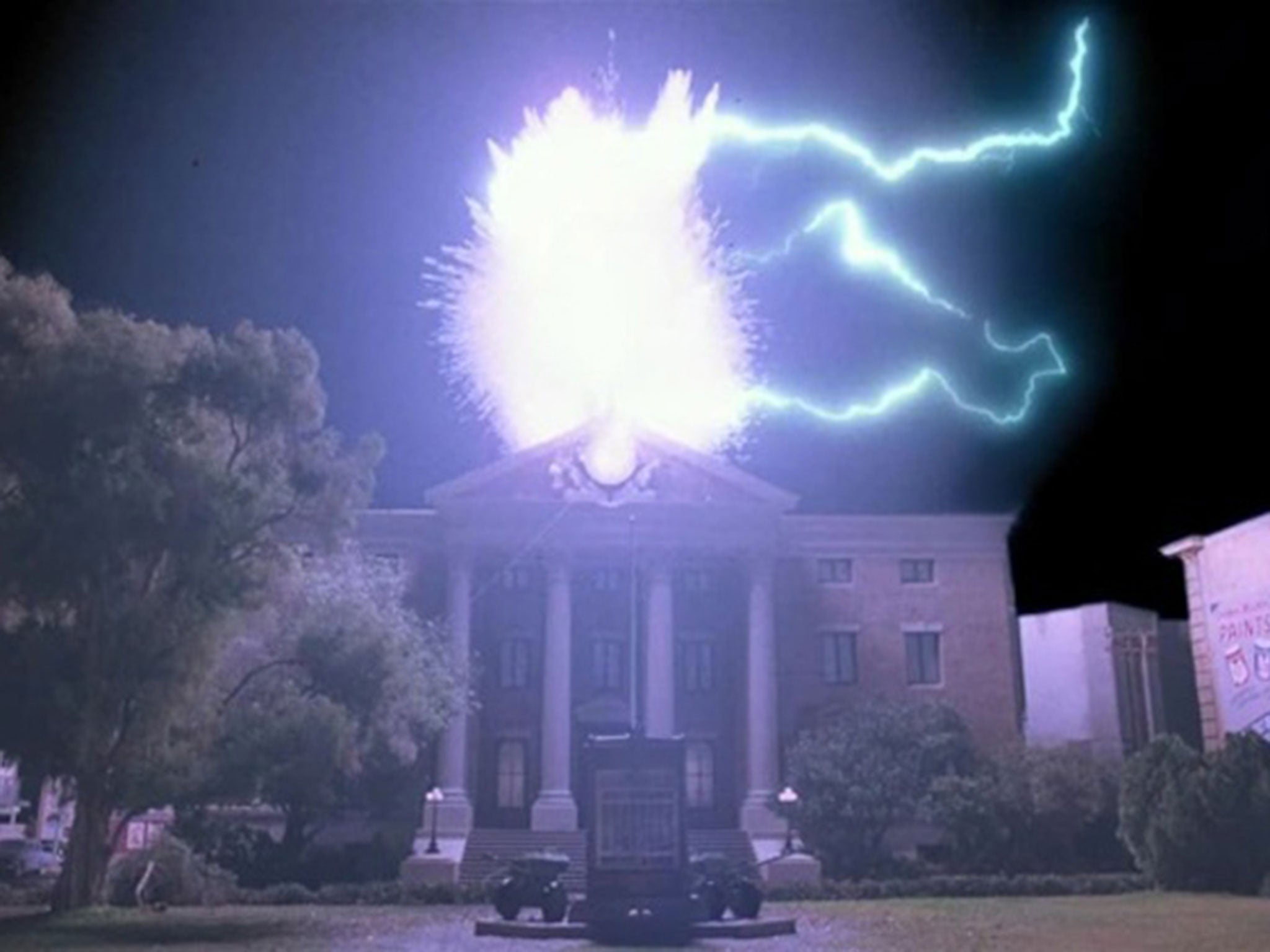10:04 by Ben Lerner, book review: Ideas and laughter to last all year
Looks at our unequal world and creates a sense of possibility about the future

Ben Lerner’s second novel was published on New Year’s Day but I’ll still be thinking and laughing about it come the end of 2015. Of course, anything could happen in the meantime so if, for unforeseen reasons, I’m not here this time next year, take this review as an omen. 10:04 makes you contemplate mortality. We never learn the fates of a sick old man or terminally-ill woman but then they are, as Larkin said, “going to the inevitable”. The narrator, Ben, is a 33-year-old writer, flush with the advance for an unwritten novel, recently diagnosed with a heart condition. His best friend, Alex, wants him to help her conceive a child, something he considers throughout an “unseasonably warm” New York autumn.
I’m still thinking and laughing about Lerner’s debut, Leaving the Atocha Station (2012), which was the kind of form-expanding novel you yearn to read without realising such a work is possible. In both books, Lerner combines fiction, autobiography and poetry, and 10:04 (the title refers to the minute when lightning strikes the clock tower in Back to the Future, a film Ben calls “ahead of its time”) confirms him as a very intelligent, funny writer. “Do it all,” a character urges and Lerner does exactly that.
He curates his text, using photographs, art criticism and, audaciously, a story which appeared in The New Yorker, to add surprisingly coherent dimensions. Characters feel “the fiction of the world rearranging itself” and 10:04, which revels in layered narration and imagined dialogue, affects the reader in similar ways. When Ben conceives a novel based on a forged archive of correspondence, Lerner shows us the letters while simultaneously revealing that Ben has scrapped the idea and deleted them. It’s dizzying to picture the cursor erasing the words as we read.
If the prospect of a metafictional novel about a hip writer makes you groan, you should abandon your scepticism and surrender. Little happens, but only in the same sense as little happens in The Catcher in the Rye. Ben and Alex discuss their histories and imagine their futures as parents. You might wonder where some scenes are leading, and Ben is less comically flawed than the lying narrator of Lerner’s debut, but Ben’s meditations on time and community are fascinating. He volunteers at a school, rescues a ketamine-addled intern on a hallucinatory night in Texas, and sees in “the transpersonality of prosody” the potential for collectivism. In a scene of beauty and menace, he leads Alex through a Manhattan wasteland following a hurricane.
This book, “neither fiction nor non-fiction”, is concerned with fragmentation, culture in “craquelure”, social division. Ben admires a couple who are “always working and never working” because they experience “no division between labor and leisure.” This is a desirable way to live and, reviewing Lerner’s brave, humane novel was such an enjoyable gig that I sometimes believed I’d attained it. 10:04 is deeply political because it looks imaginatively at our unequal world and creates a renewed sense of possibility about the future.
Join our commenting forum
Join thought-provoking conversations, follow other Independent readers and see their replies
Comments
Bookmark popover
Removed from bookmarks